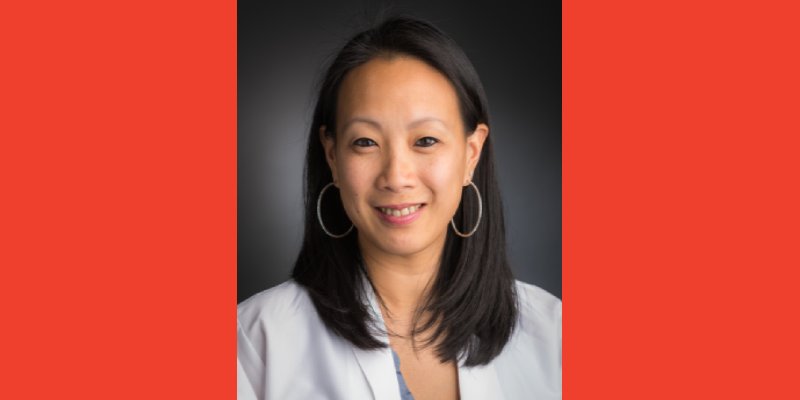
Kimmie Ng, MD, MPH, is a leading gastrointestinal oncologist and researcher at Dana-Farber Cancer Institute, where she serves as the director of the Young-Onset Colorectal Cancer Center. Her path to becoming a GI oncologist was shaped by a unique combination of experiences, from her early passion for classical piano at The Juilliard School to formative medical training at institutions such as Yale University and the University of Pennsylvania. These pivotal moments, combined with mentorship from luminaries in the field, guided Dr. Ng toward her mission of advancing GI cancer research and improving patient outcomes.
In this interview with GI Oncology Now, Dr. Ng shares her inspiring journey into oncology, reflecting on the personal and professional experiences that ignited her passion for research and patient care. She delves into her groundbreaking work on the microbiome and vitamin D in colorectal cancer, her role in the establishment of the Young-Onset Colorectal Cancer Center, and the collaborative efforts required to translate scientific discoveries into clinical applications. Dr. Ng also offers insights into balancing a demanding career with personal well-being, emphasizing her unwavering commitment to both her patients and her family.
Can you share some of the moments or experiences that shaped the trajectory of your career and ignited your passion for GI cancer research?
Dr. Ng: I came upon oncology in a bit of a circuitous way. Originally, when I was in high school, I thought I was going to become a concert pianist actually, and spent most of my time focused on my classical piano training at The Juilliard School Pre-College Division. It wasn’t until later in high school that I started becoming interested in my science classes, and also realized that trying to impose the pressures of a professional career on my music would lead me to not enjoy it as much. So then I pivoted toward focusing on potentially becoming a scientist or a doctor. My initial interest in cancer started in college at Yale during a summer laboratory internship, where I really became fascinated with studying the molecular mechanisms of malignancy.
At that time, I was still debating: Do I want to pursue a career as a basic research scientist, or do I want to be more clinical-facing? I went to medical school at the University of Pennsylvania, and that was when I first had the opportunity to care for patients with cancer. It was those experiences that led me to realize that my passion was going to be in something that involved direct patient care and helping people on an individual level, but also keeping that mission of trying to help patients on a broader and larger scale through research. So I started to work on more translational research projects in the laboratory, and also focused on some clinically oriented research projects as well, just to see and get a taste for that side of the research world.
During medical school I had a chance to do an elective rotation at Memorial Sloan-Kettering Cancer Center, where I had hoped to be assigned to the breast cancer service (I have several family members with breast cancer). But I actually got assigned to the gastrointestinal oncology service, and that turned out to be my first in-depth exposure to GI oncology. And it was that experience that made me realize I wanted to be a GI medical oncologist. I found it very, very rewarding to care for the inpatient gastrointestinal oncology patients I saw on the consult service, who are often very sick. I felt a sense of purpose in trying to help them through their period of acute illness and to cope with their often poor prognosis, and at the same time I became very drawn to the challenge of having to learn how to treat so many different cancer types as a GI medical oncologist. I was also shocked at the very poor prognosis and the lack of available therapies for a lot of these GI malignancies, and realized how huge the research need was to gain a better scientific understanding of these cancers and develop novel therapies. That’s what set me off on the path of becoming a GI oncologist. And then being able to work with luminaries such as Alan Venook, Bob Mayer, and Charlie Fuchs was instrumental in cementing my interest in this field.
Do you still play piano?
Dr. Ng: I do. I don’t play as much as I would like to. I did continue playing during college, but now I mostly play as an accompanist to my children, who also play piano and cello. And it still brings me so much joy. Someday, I do plan to get back to playing more seriously when, or if, my life and work ever become less crazy.
You’ve been a leading force in the establishment of the Young-Onset Colorectal Cancer Center at Dana-Farber. What inspired you to create this center, and how has your understanding of young-onset colorectal cancer evolved through your work?
Dr. Ng: I think with any oncologist you talk to, there are certain patients who always stand out to them, and for me, the ones that stood out to me were my patients who were diagnosed very young. Many of my colleagues and I, over the years, started seeing an uptick in the number of these very young, otherwise healthy people coming into our clinics diagnosed with very advanced stages of colorectal cancer.
And it really led us to wonder why. Because most of these people did not have a family history, did not have a genetic syndrome to account for why they were developing this cancer so young, and most of them actually lived very healthy lifestyles.
So with the publication of Dr. Rebecca Siegel’s JNCI paper in 2017 that described the epidemiologic trends of the rise of young-onset colorectal cancer starting in the mid-1990s, we became inspired to start a center dedicated to these young patients. As we were taking care of them, we realized there were so many needs they had, and challenges they were facing, that were so different than older patients with cancer. These include being in the midst of their careers or their education, and having that completely disrupted, which then can lead to financial toxicity. Also, eighty percent of these young patients have children under the age of 18 at the time they’re diagnosed, and they’re also taking care of elderly parents. It’s just a very unique stage of life, and then to be hit with a terminal cancer diagnosis is just devastating. So we wanted to take better care of them clinically, psychosocially, and from all the various vantage points of the cancer experience, and then at the same time launch a dedicated multidisciplinary research effort to better understand why colorectal cancer was rising in young people. Because right now, it is still a mystery, and I say this all the time, but it is the one question that both literally and figuratively, keeps me up at night.
Your research has highlighted the role of the vitamin D pathway and the microbiome in colorectal cancer. Can you discuss a key finding that surprised you during your studies, and how it has influenced your approach to both research and patient care?
Dr. Ng: My early work focused a lot on the biological mechanisms underlying diet and lifestyle behaviors. While this may not be the traditional drug development pathway of many people who are oncology researchers, the more I took care of patients, the more I realized what a need this area of research was, because almost every patient you meet in the clinic will ask you, what should I be doing, what should I be eating, how much should I be exercising, what supplements should I be taking – basically what can I do myself to help improve my chances? And there was just not a lot of rigorous data to answer these questions. I really have to credit Charlie Fuchs, a wonderful mentor, for introducing me to this work, and vitamin D specifically. There is so much data from laboratory studies, cell lines, and animal models that it has anti-cancer properties, it can decrease proliferation, prevent metastasis, decrease inflammation, and activate the immune system—all things that are dysregulated in cancer. And most importantly, it’s accessible and non-toxic, so definitely worthwhile to study as a potential treatment option for patients.
We were able to really document the importance of vitamin D from an epidemiologic standpoint in my early research, and then, very gratifyingly, were able to translate that into a bedside intervention, a clinical trial for patients. We published the first phase 2 study (called SUNSHINE) testing supplementation with vitamin D in combination with chemotherapy for patients with metastatic colorectal cancer in JAMA, and found that high-dose vitamin D did improve progression-free survival compared to lower doses of vitamin D, which was very rewarding and gratifying, because again, an easily accessible, non-toxic, inexpensive supplement may actually have benefit for so many patients with colorectal cancer. We were then able to conduct the first phase 3 study of vitamin D supplementation in metastatic colorectal cancer (called SOLARIS) through the Alliance cooperative group, although unfortunately recently presented negative results at ESMO. We are still exploring whether vitamin D has a potential role in earlier stages of colorectal cancer, namely in the preoperative setting. And we will now look into whether vitamin D truly has a role in left-sided tumors, which was one of the subgroup findings of the SOLARIS study.
The microbiome is a relatively new area of research I’ve been doing recently. As a whole, understanding of the microbiome and its role in cancer is still in its infancy. But with the amazing technology and cutting-edge genomic capabilities we have these days, we’re now able to better understand the microbiome in ways we were never able to before. It is so complex—it’s complex beyond belief. That’s been a very challenging and exciting area to be involved in as the field evolves, and as we start to learn more about how to characterize the microbiome and figure out how we can potentially manipulate it to help improve treatment responses and also outcomes for our patients with cancer.
How does your extensive collaboration across academia and industry in multidisciplinary research projects help translate scientific discoveries into clinical applications, and what challenges exist in bridging these two worlds?
Dr. Ng: In my career, I realize more and more every day that it takes a village to be an oncologist and researcher. I think one of the most important things for an oncologist to realize is that you can’t do it alone, and that you can’t know everything yourself. This applies to patient care: You need a whole clinical care team to help you take care of a patient in all the various ways that are important for improving that patient’s experience and outcomes. In the same way, research needs to be a team sport. One person can’t possibly know everything there is to know about a particular technology or methodology or treatment. Once you realize that and you gather people around you who do have expertise in those areas that you don’t, that complementariness is just unbeatable in being able to answer the toughest questions out there.
With a disease as complex as cancer, you need experts in almost every aspect of cancer research to advance the needle. For example, young-onset colorectal cancer may be a result of something in the environment, shaping the immune system, shaping the microbiome, interacting with the genetic profile to drive this uptick in young people getting cancer. So all these experts— genomics experts, immunology experts, microbiome experts, epidemiologists, and clinicians—need to work together to piece all that together and figure out how they’re all interacting. And it has been so much fun and I have learned so much from being a part of these diverse interdisciplinary teams. And I do hope that someday soon it will lead to breakthroughs in our understanding of young-onset colorectal cancer.
What have been some of the most rewarding outcomes or insights gained from your role as principal investigator in the national multicenter randomized trials you have led, particularly in terms of improving patient outcomes?
Dr. Ng: There is nothing more gratifying and rewarding than designing and conducting a clinical trial that improves outcomes for patients. Across the board, anytime we’re able to leverage a novel signaling pathway or discover a new target, and we’re able to develop a new therapy for our patients, it’s really exciting. When I first started out in training, the survival of patients with colorectal cancer was nowhere near where it is today. KRAS was thought to be undruggable, and now we have so many exciting drugs targeting KRAS. It’s just unbelievable, the advances that have emerged. And to think how many patients these advances will impact and benefit, it’s just beyond gratifying. It’s the reason why oncologists do what we do, and why we go to work every day.
I particularly enjoy the fact that I am both a researcher and an oncologist who actually sees patients, because I get the opportunity and the honor of helping patients and families on an individual basis, but also, hopefully impacting patients on a much broader, larger, and more global scale through the research I’m privileged to do.
Balancing a demanding career with personal well-being can be challenging. What practices or philosophies do you adhere to that help you maintain your own health and happiness while leading groundbreaking research and clinical initiatives?
Dr. Ng: That’s a hard one, because honestly this is a really hard job. It takes a lot of time, dedication, and effort and it has to come from being mission driven. For me, I try to always remember and stick to my true north to guide me in how to carve out my day-to-day. I have two true norths: trying to improve the lives of my patients with cancer, and being there for my family and children, so I make sure to do whatever it takes to prioritize those two things.
At the same time, I also realize that in order to be able to do those things, I need to be well, as well. So I have been trying to focus more on my own personal well-being, like finding time to exercise, eating healthily, being outdoors, traveling, and getting more sleep (I’m currently failing at that one!).
But I hope my children see how meaningful the work I do is, and I hope that sense of purpose gets instilled in them when they eventually figure out their own careers. I hope I am being a good role model for them.

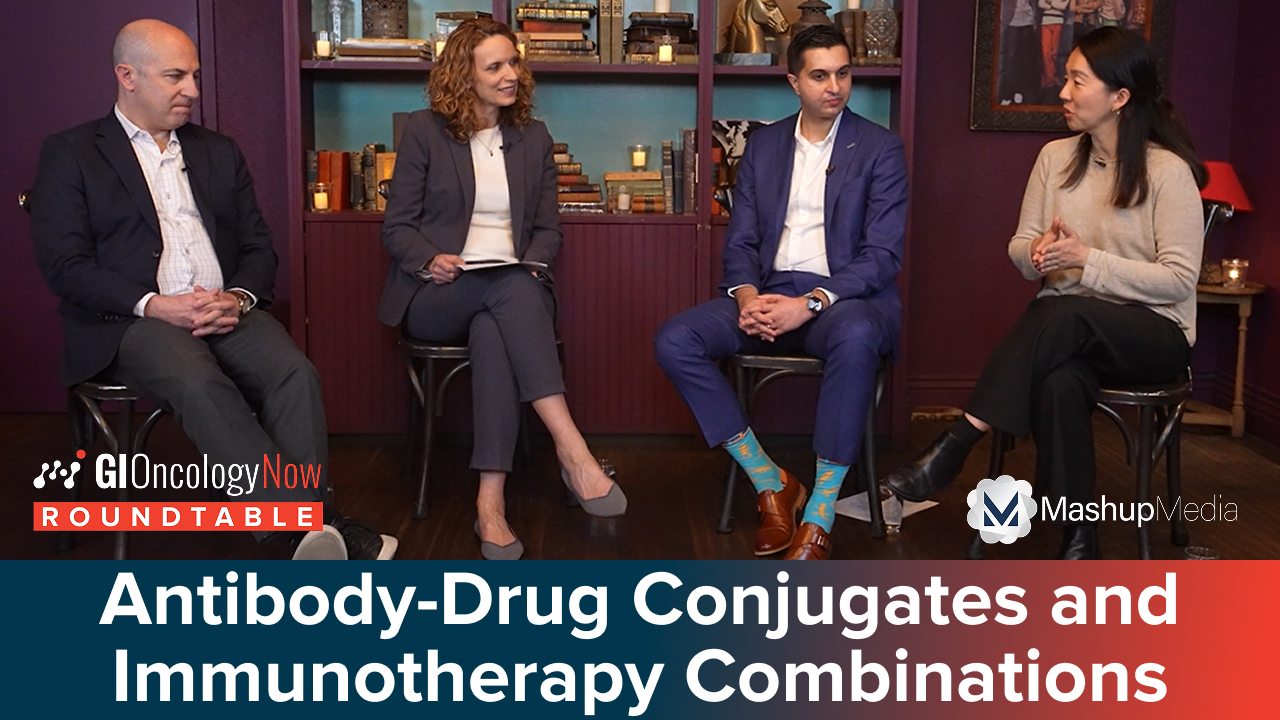
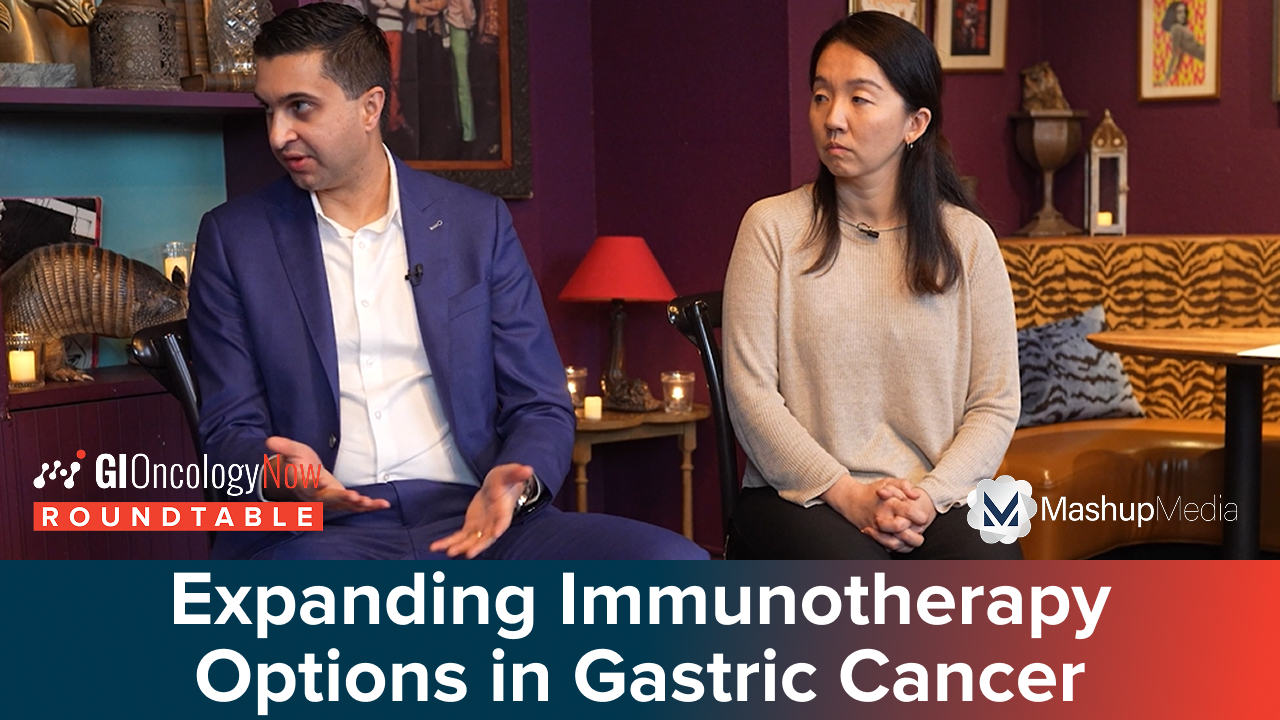
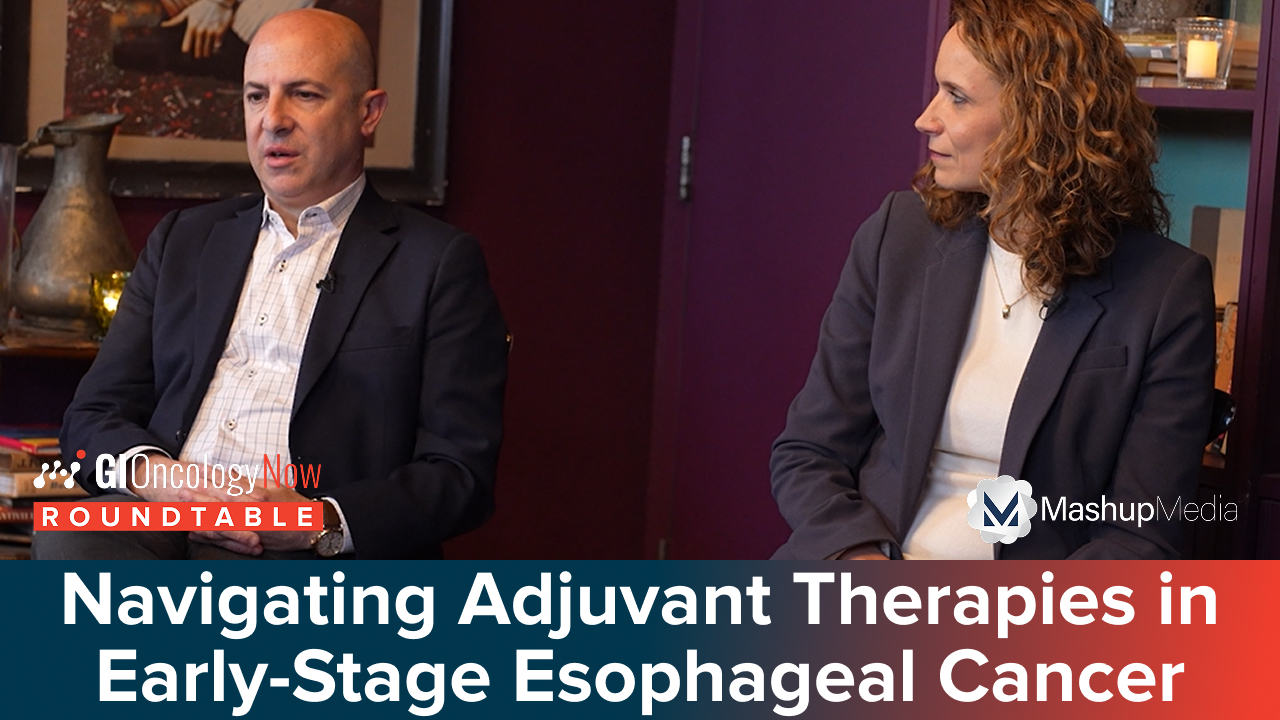
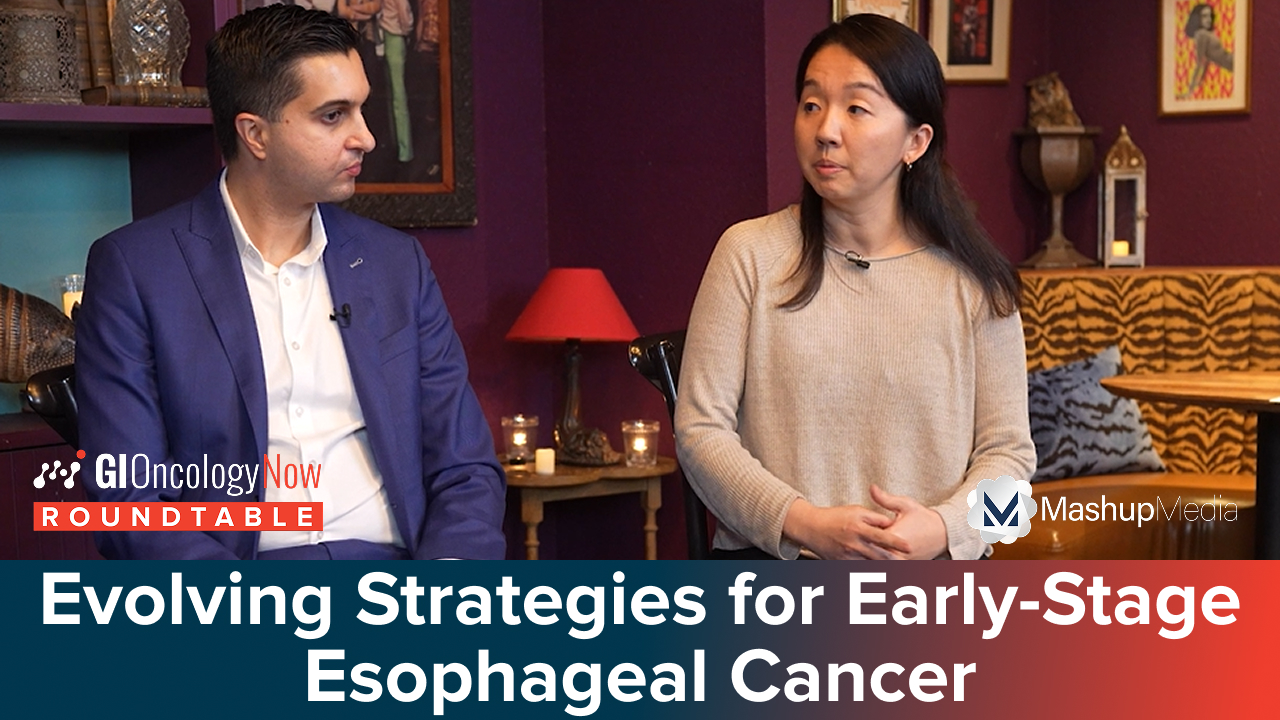
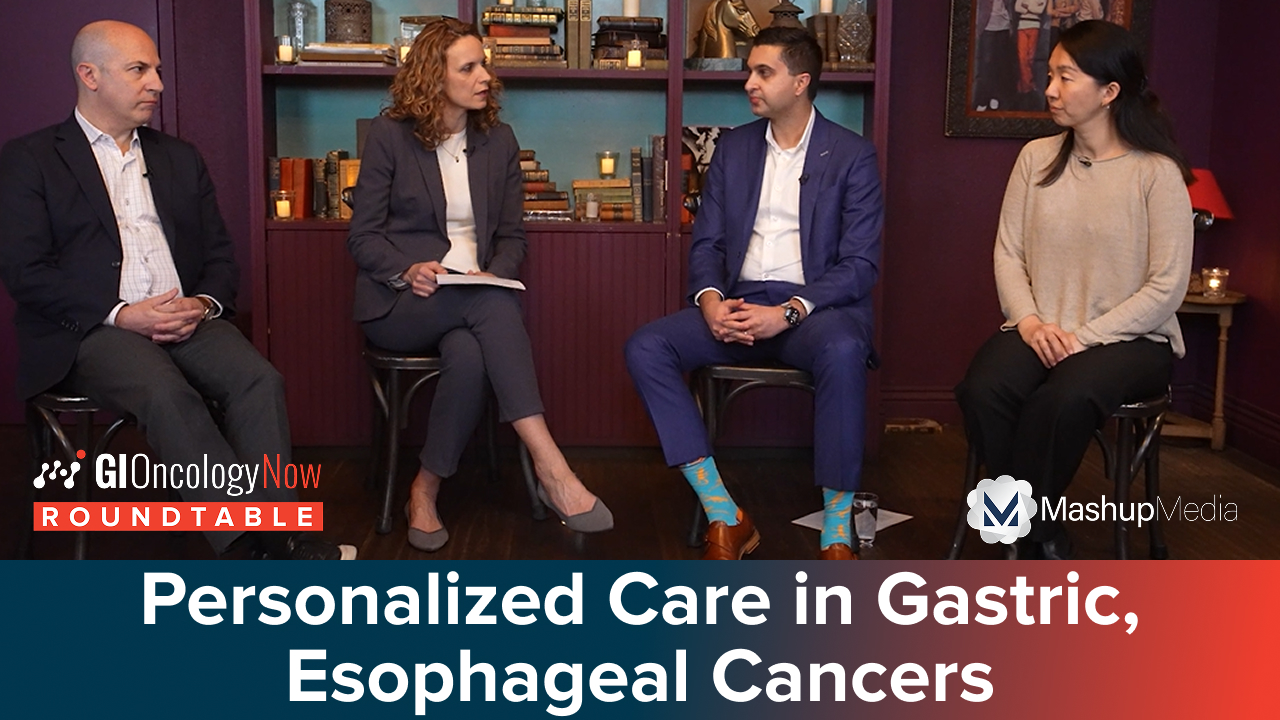

 © 2025 Mashup Media, LLC, a Formedics Property. All Rights Reserved.
© 2025 Mashup Media, LLC, a Formedics Property. All Rights Reserved.